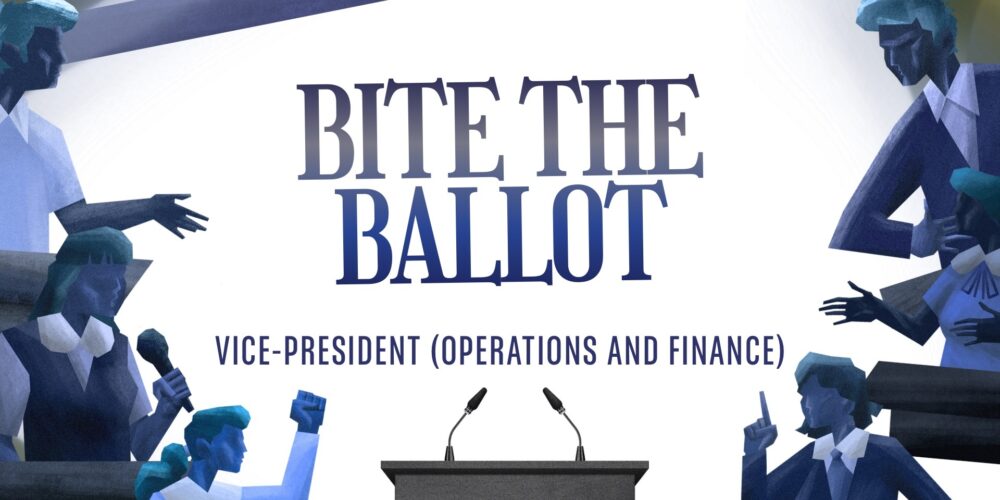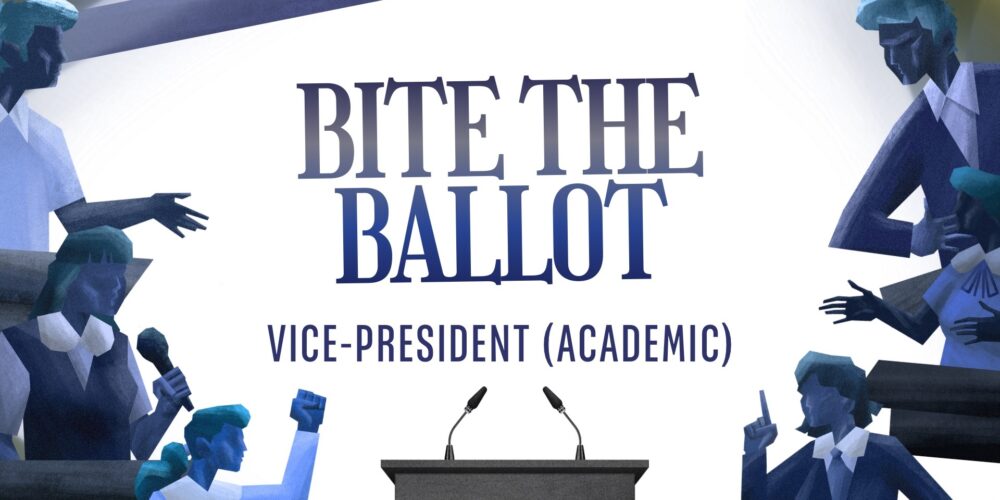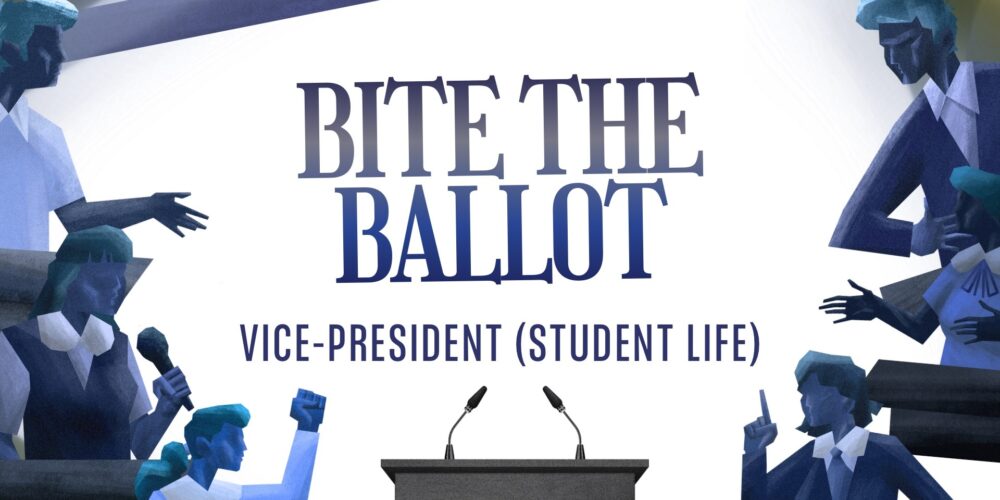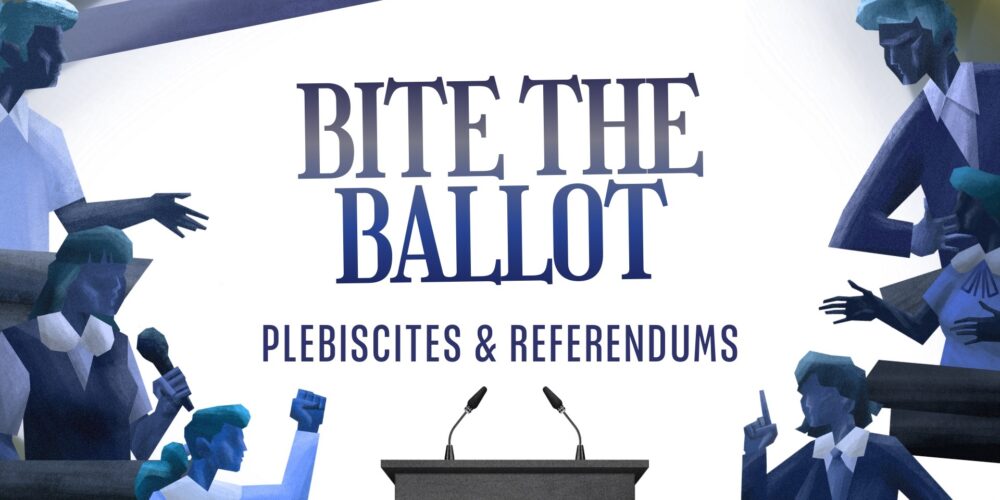 Danika Kunimoto
Danika KunimotoThe University of Alberta is adding another first to its list. That is, being the first major Canadian university to move away from Equity, Diversity, and Inclusion (EDI). The university decided to change the name of the EDI office to Access, Community, and Belonging (ACB). This change and its timing doesn’t exactly inspire a lot of optimism that the U of A is truly working towards EDI or even ACB.
In his op-ed for the Edmonton Journal, President and Vice-chancellor Bill Flanagan explained that polarization around EDI partly drove the change. This is mere weeks after I attended the Board of Governors (BoG) meeting where members discussed the Integrated EDI Action Plan. In that meeting, Janice MacKinnon, a member of BoG, took issue with the plan, as well as the existence of the EDI office. MacKinnon told BoG to get rid of the entire EDI office. This was in the same meeting she took issue with the land acknowledgement in the proposed Integrated EDI Action Plan. Specifically, MacKinnon took issue with how “the document [talked] about Canada as a settler colonist society.” BoG carried a motion to amend the language used to define Canada’s history.
And just as BoG accommodated McKinnon’s baffling issue with recognizing Canada’s colonial roots, it seems like the university is doing the same with EDI. That is, caving to pressure from outside opinions.
This has also happened in the wider context of the politics around EDI. The political right has weaponized EDI. It has twisted what was meant to recognize and address inequity — especially systemic inequity —and foster diversity and inclusion. Instead of making any effort to correct the misinformation, the university seems to be giving in.
The United States (U.S.) has seen increased attacks on EDI and a growing misunderstanding on the term. Closer to home, EDI was a hot topic at the United Conservative Party’s (UCP) annual general meeting (AGM) for the second year in a row. At the 2023 AGM, UCP members voted in favour of a policy resolution on eradicating EDI offices in universities. This resolution claimed that EDI offices had become “the enforcement arm of woke ideologues on campus.” Policy resolution one from the 2024 AGM called for the elimination of EDI within the Alberta Public Service and Alberta Crown Corporations. These resolutions arise from the misconception that EDI is designed to push an agenda and prioritize identity over merit, especially in hiring. And while the resolutions aren’t binding for the UCP or any government, they have clearly created some unease.
Rather than trying to correct misinformation, the U of A has seemingly decided to just cave to the pressure. Instead of standing by its mission, the university is rebranding to be more palatable for those who EDI somehow upsets. Here I thought part of the university’s mission was to foster learning and be a national and international voice. But I guess that’s only when it’s easy.
Just in November, the U of A Students’ Union (UASU) and the Graduate Students’ Association (GSA) put forward a motion for the U of A to reaffirm its commitment to EDI at the General Faculties Council (GFC). The motion passed after both students and staff sitting on GFC voted in favour of it. Not even a month later, it backed down from using that name for its office. While the U of A touts the consultation done by the ACB office, it also ignored a motion from the two largest student associations on campus. Additionally, the university apparently didn’t consult or notify the Association of Academic Staff U of A (AASUA) before making this change.
On top of that, the entire faculty of arts committee on EDI (CEDI) resigned over the summer. Not because the members didn’t believe in EDI or had issues with the name, but because of the university’s actions during May 2024’s Palestine solidarity encampment. The members raised concerns about the U of A’s seeming unwillingness to uphold the principles of EDI in its action. Instead of taking meaningful steps to address those concerns, its now slapped a new name on the office.
The now-ACB office was created as a way to address inequity and barriers to having a diverse and inclusive institution. The name change is also a “strategic evolution” to “expand [its] toolbox” to include human rights, interculturality, intersectionality, pluralism, and universal design. But if the university wasn’t already considering these things, that was an issue that had nothing to do with the name. Inclusion means including people in our campus community, regardless of their background or identity. I have no clue how the university apparently initially missed this in its concept of EDI.
But if the university isn’t brave enough to even say EDI, is it going to have the conviction to make real changes? If it can’t even say the words, how are we supposed to trust it’ll put in the actual work?
From where I’m sitting, this looks like the university backing down from its promises in the face of misinformation. More than that, it makes the whole ACB office seem performative. The U of A promises this isn’t a superficial change, but it’s hard to believe. For awhile, EDI was a nice name to put on an office and it looked good from the outside. Now that some people may not look so favourably on the name, the U of A is changing it.
Ultimately, the university should be working to create equity, diversity, and inclusion as well as access, community, and belonging. But not to please people outside of the university community. It should be working to make the university a better place for students and staff. I’m starting to lose faith it’s actually committed to doing that, under whatever name it decides to call it.




